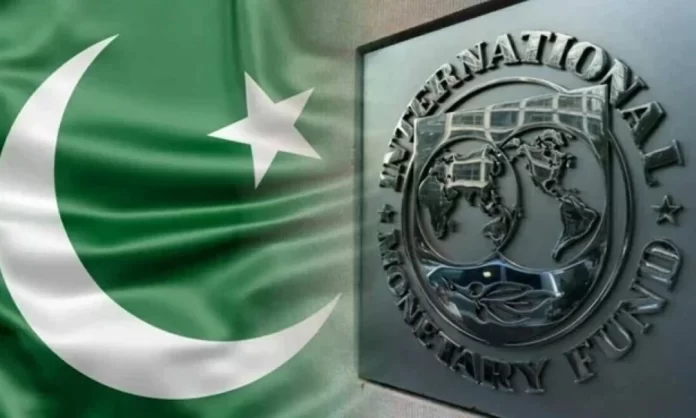The International Monetary Fund (IMF) has tightened the conditions for future funding to Pakistan, highlighting risks to the country’s economy from escalating tensions with India and the impact of US President Donald Trump’s tariff policies, according to a Bloomberg report.
The IMF’s latest report outlines several critical steps that Pakistan must take to meet its obligations under the IMF program. These include securing parliamentary approval for the federal budget for the next fiscal year in line with the IMF’s requirements by June, implementing agricultural income tax reforms across all provinces, and formulating a plan for phasing out industrial incentives by the end of 2025.
In addition, the IMF has called for timely adjustments to electricity and gas tariffs, which are currently hindering full cost recovery in the energy sector. The lender has also proposed legislation to convert much of the energy sector’s debt in order to reduce the financial burden on power companies.
Pakistan’s economy is struggling to recover after narrowly avoiding default in 2023. Despite this, the country continues to face significant challenges, including large interest payments and ongoing uncertainties due to global trade disruptions. Last year, the IMF projected that Pakistan would require more than $100 billion in external financing through 2029.
Earlier this month, the IMF’s executive board approved the disbursement of around $1 billion from a broader $7 billion program agreed upon last year. Additionally, the IMF authorized a $1.4 billion loan to support Pakistan’s climate resilience efforts, a move that came despite opposition from India following the Kashmir attacks.
The IMF warned that ongoing tensions between India and Pakistan could heighten risks to Pakistan’s fiscal, external, and reform goals. The lender also cautioned that reputational risks could arise from any perceived misuse or lack of even-handedness in the distribution of IMF funds.
The two nuclear-armed neighbors have a long history of conflict over the Kashmir region, which both countries claim in full but rule in part. On May 10, they agreed to a ceasefire after military strikes brought them to the brink of war.




